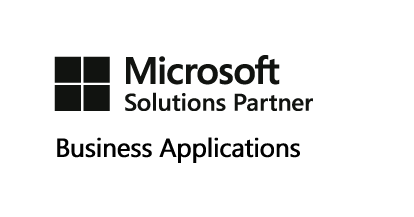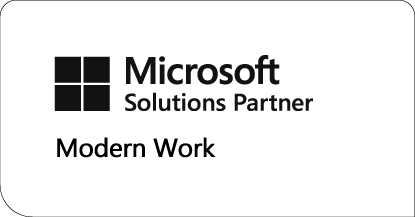





Food manufacturing and distribution isn’t just about making, processing, and delivering delicious food and getting it out the door. It’s about managing inventory, ensuring compliance and food safety, optimising supply chains, and keeping consumers happy, to name a few.
Without a centralised system to handle all these complexities, food businesses can lose revenue, waste staff time and resources, and struggle to grow. As competition increases and technology evolves, many food and beverage companies turn to ERP (enterprise resource planning) software, especially systems designed for the food industry like Dynamics Food (powered by Microsoft Dynamics 365 Business Central).
Change can be daunting. Businesses can get used to certain processes, and it can be tough to let go and try new technology.
Many food businesses still use outdated systems to manage their complex operations, either because these systems are familiar or because they don’t have the resources to upgrade. Some are stuck with systems that require manual input from staff for everything from daily reports to production planning, or they’re relying on Excel sheets like an extra staff member.
The food industry is always changing, whether it’s due to consumer preferences or trend shifts. Food companies can’t afford to stay the same; they need to evolve, too. As businesses grow, traditional methods and old ERP systems just can’t keep up with increased production, new suppliers, new reporting requirements, and changing regulations.
That’s where food ERP software like Dynamics Food comes in. It’s designed specifically for the food industry; simply put, Dynamics Food is an ERP system integrating core processes like sales order processing, stock and distribution, returns and product recalls, and supply chain management, amongst many others, into one unified platform. It keeps everything running smoothly and helps maintain profitability in the fast-paced food industry with tight margins and strict regulations.
Dynamics Food is powered by and built on Microsoft Dynamics 365 Business Central, meaning it works seamlessly with Microsoft Dynamics 365 CRM, Power Platform, and all the Microsoft 365 tools businesses rely on.
Since Dynamics Food is built on Microsoft Dynamics 365 Business Central, adding Microsoft-approved industry apps and other key Microsoft solutions is easy. Dynamics Food lets food businesses bring together sales, finance, production, warehouse, transport planning, and customer service in one solution.
With many generic ERP systems available, finding an industry-specific food and beverage ERP system is essential to help manage the functions not used by non-food-related businesses, including (but not limited to):
Food businesses like Henry Colbeck, which supply over 1,500 products to fish and chip shops and independent fast-food outlets – rely on Microsoft Dynamics 365 Business Central to keep everything from sales and purchasing to finance, warehouse management, and transport in one place.
Henry Colbeck didn’t just grow; they hit 50% revenue growth with Business Central, without needing more employees.
“We’re achieving that growth through being more productive, effective, and efficient through the technology we’ve invested in.
“We use Business Central for sales, purchasing, finance, account back-office functions, warehousing, and transport; it pretty much runs our entire business.”
– Matthew Worsnop, Commercial Director at Henry Colbeck.
A generic ERP solution often fails to address the industry-specific needs of food businesses, resulting in pricey third-party add-ons and integrations to fill the gaps. Generic ERPs lack the following functionality:
Join our upcoming online webinar on Wednesday 18th June at 10:00am – 11:30am, From Farm to Finance to Fork, Navigating End-to-End Food Business Complexities with Dynamics Food, where we’re hosting an interactive session introducing food businesses to Dynamics Food and demonstrating how to manage complex end-to-end processes involved with food manufacturing and distribution, in one system.
Whether you’re new to ERP software, want to discover a Dynamics 365 Business Central system tailored to your food business, are looking to upgrade from an older version of your ERP system, or want to learn more, book your place in the free webinar here.